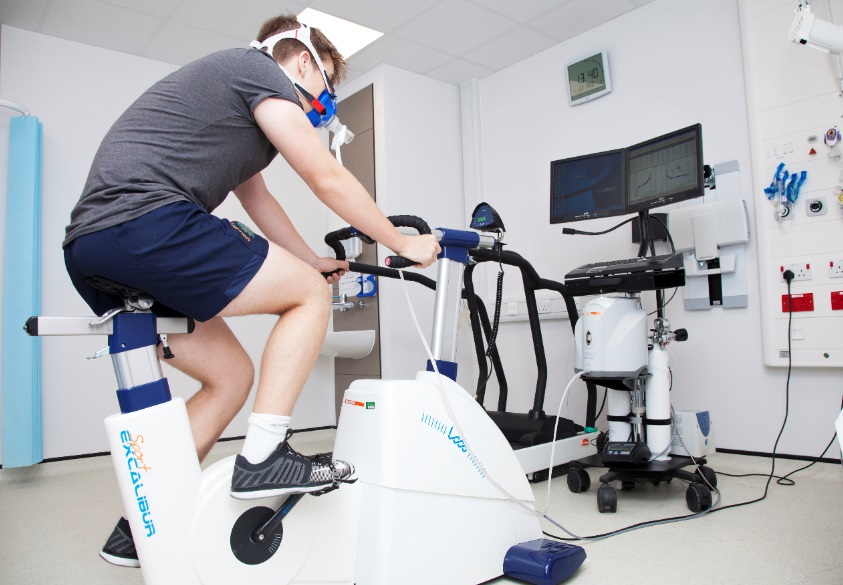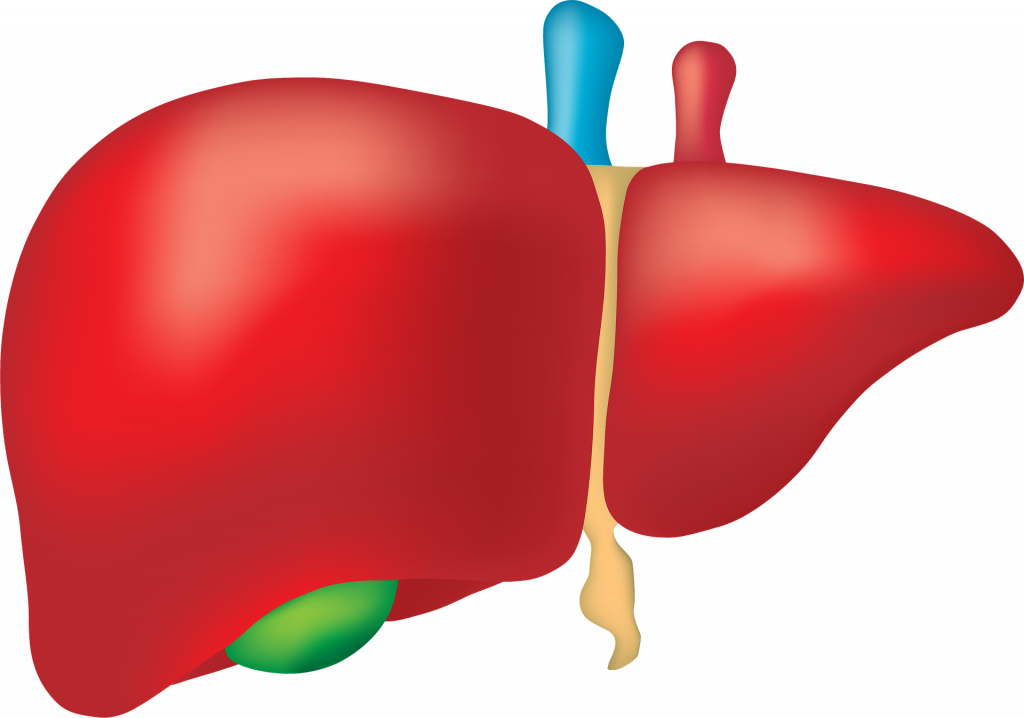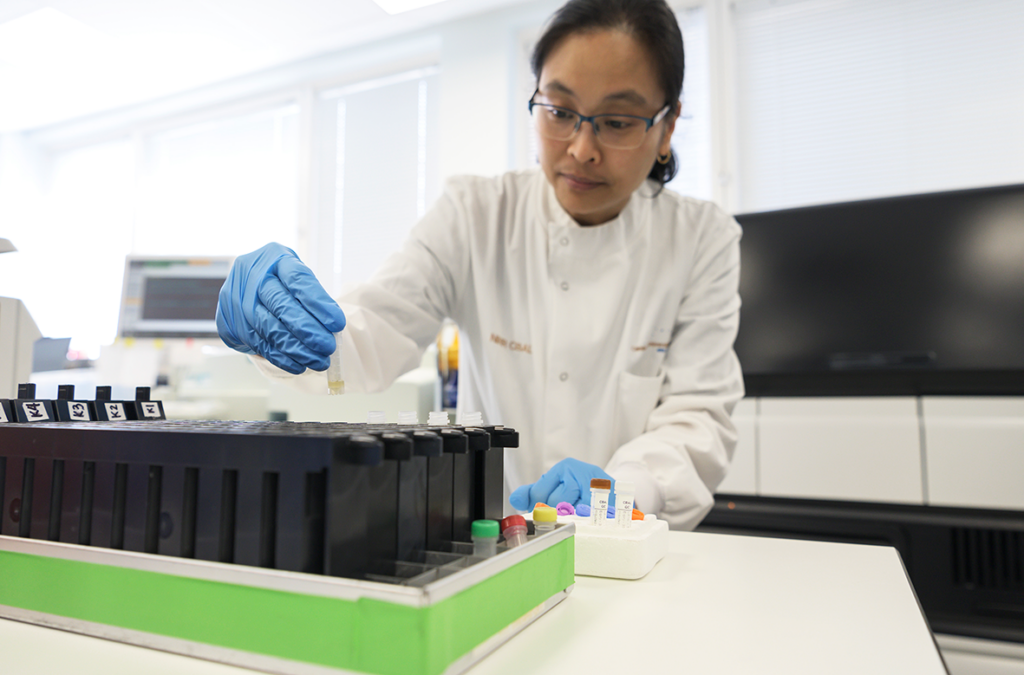Nutrition, Obesity, Metabolism and Endocrinology


Key areas of focus:
• Nutrition and prevention of metabolic diseases
• Improved diagnosis and treatment of obesity and diabetes
• Development of new technologies to diagnose hormonal conditions and tumours
Our research aims to improve the lives and health of people with obesity, diabetes and related metabolic and endocrine diseases. We use a number of approaches including genetics and imaging to determine why these conditions occur and to improve prevention, early diagnosis and develop safe and effective treatments.
Our research has six broad sub-themes with the following aims:

Nutrition, Physical Activity, Metabolic Disease and Prevention
We study population-based cohorts using genetics and other approaches to develop precision prevention for Type 2 Diabetes.
In this aim, we will also develop digital tools to assess diet and activity levels which can be deployed to deliver personalised interventions to improve the health of people with obesity, diabetes and related conditions.

Severe Obesity
We will deliver stratified weight-loss therapy to help people with severe obesity.
We will work to assess and improve the stigma faced by children with severe obesity.

Type 1 and Type 2 Diabetes
We will assess how the artificial pancreas (a device which calculates how much insulin people with diabetes need to control their blood sugar) can help people with complex nutritional needs.

Fatty liver disease and Severe Insulin Resistance
We will work to identify biomarkers which predict who may develop severe forms of liver disease and explore the use of new treatments for people with conditions which cause too much fat to go into the liver (called lipodystrophy).

Osteoporosis, Endocrine disorders and Endocrine tumours
We will use state-of-the-art imaging technologies to detect new endocrine tumours and osteoporosis at an early stage so that people can receive targeted therapies.
We will develop mechanism-based therapies for patients with genetic thyroid disorders.

Endocrine signals and biomarkers of systemic disease
We will develop new technologies that can be used to investigate how hormones cause a range of conditions such as chemotherapy-induced nausea and hyperemesis gravidarum in pregnancy.

